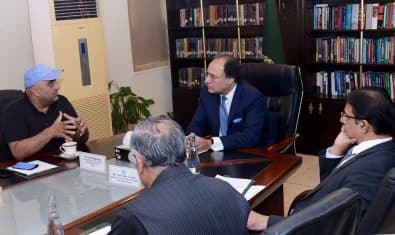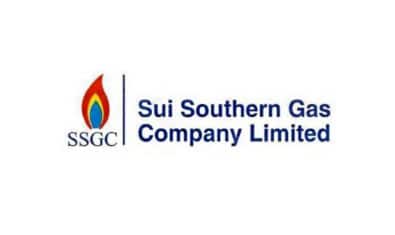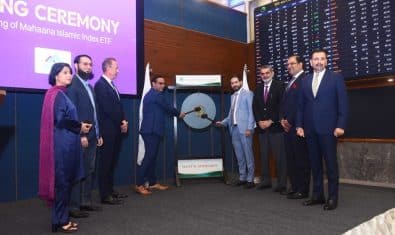Nestlé Pakistan presented Gender Diversity: A Business Case study at the 2nd Annual United Nation (UN) Women Empowerment Principles (WEPs) in Action in New York on sidelines of the 62nd session of the UN Commission on the Status of Women. This event brought together a selected number of UN Women Country Offices, including Pakistan, Turkey, Brazil and Kenya to share their experiences in engagement with the private sector.
“At Nestlé, gender balance is seen as larger part of inclusion and diversity framework. We aim to provide a workplace culture that generates equal opportunities. Internally, we provide a supportive work environment by promoting best practices such as flexi working hours, maternity leave, daycare and dedicated onsite female hostel facilities, which helps us in constantly expanding our efforts to strengthen this inclusive culture and retain female talent”, said Waqar Ahmad, Head of Corporate Affairs at Nestlé Pakistan.
Jamshed M. Kazi, UN Women Country Representative- Pakistan said,
“It is encouraging to note that Nestlé Pakistan’s workplace gender policies are on par with if not exceeding some of the best practices across the corporate sector globally. As a signatory to the WEPs, Nestlé Pakistan is also playing a leading role together with Overseas Investment Chambers of Commerce and Industry to scale up abs implement their gender equality roadmap, in close cooperation with UN Women Pakistan”
In line with Sustainable Development Goal (SDGs) agenda for 2030 and Commission on the Status of Women (CSW) declaration, Nestlé Pakistan firmly believes that gender balance and women’s empowerment are critical to creating shared value for the business and for society. Becoming a WEP signatory is part of Nestlé Pakistan’s commitment for the advancement of gender equality to achieve Sustainable Development Goal (SDG) 5.As a company, we believe that a diverse workforce offers complementarity, better decision making and creativity. The fact that almost 70% decision makers for Nestlé brands are women and that 60% of university graduates are women only strengthens the business case for gender balance.
ALSO READ
Telenor Celebrates International Women’s Day
Nestlé Pakistan holds capacity building trainings for rural women to help improve livestock, healthcare facilities for dairy farmers, create gender empowerment and boost income generation for rural communities. As many as 10,000 farmers were trained in 2017. Nestlé Pakistan and Benazir Income Support Program (BISP) partnered to empower BISP beneficiaries by providing them livelihood opportunities, along with improving their nutrition status and the quality of life for them and their families. To-date, more than 100 beneficiaries have become Nestlé Pakistan Sales Agents from across the country.
Some of the other notable speakers present at the event were Anna Falth, Women’s Empowerment Principles Manager, UN Women, Ann Rosenberg, SVP & Global Head of SAP Next-Gen, SAP, Leyal Eskin, Global Brand Director, Unilever, Turkey, Asma Ennaifer, Chief External Communication, Innovation and CSR, Orange Tunisia and Sanem Oktar, President, Women Entrepreneurs Association of Turkey.
In 2017, Nestlé Pakistan signed the CEO Statement of Support for the Women Empowerment Principles (WEPs), signaling the support for gender equality and the guidance provided by the principles.




























